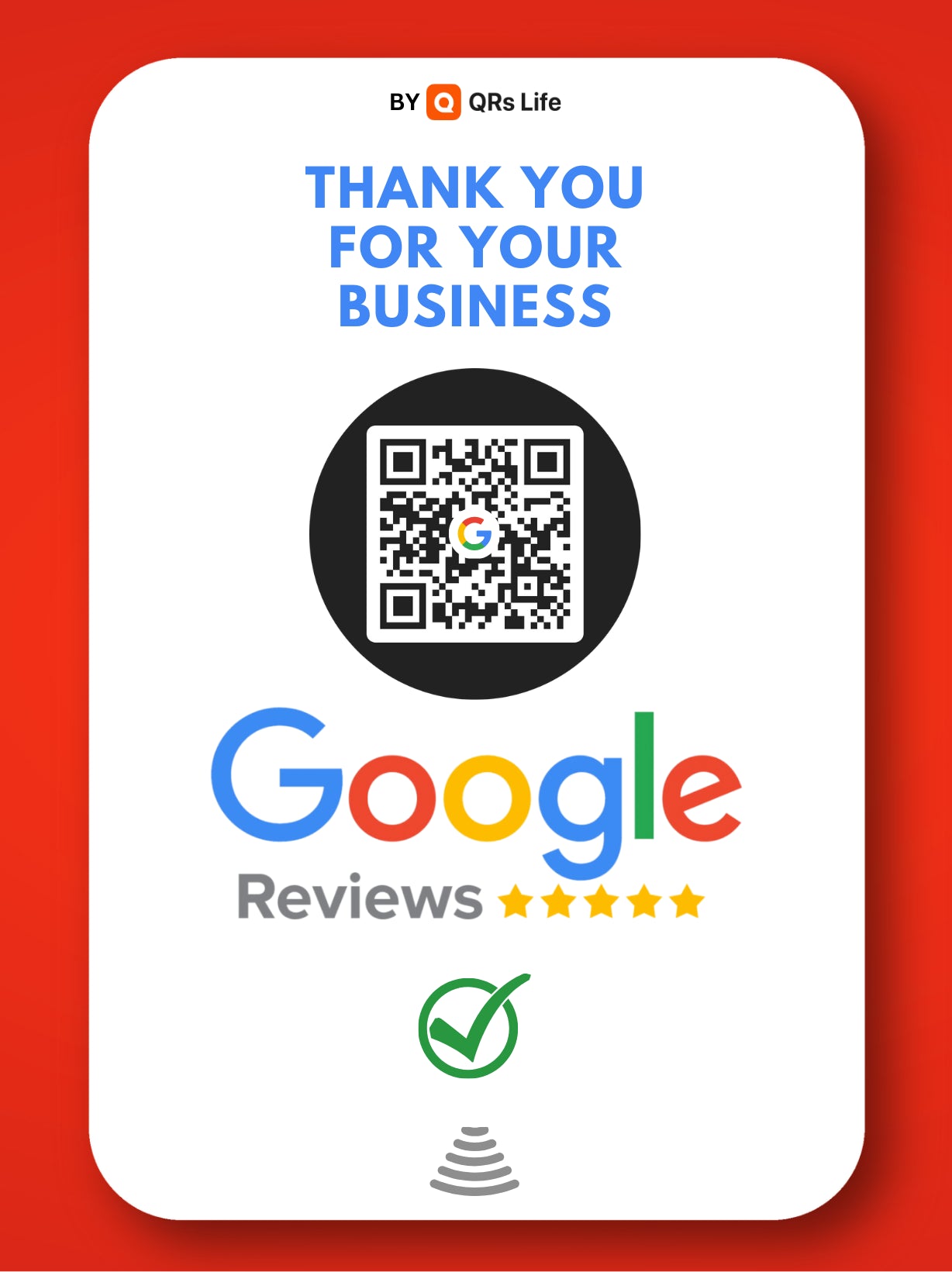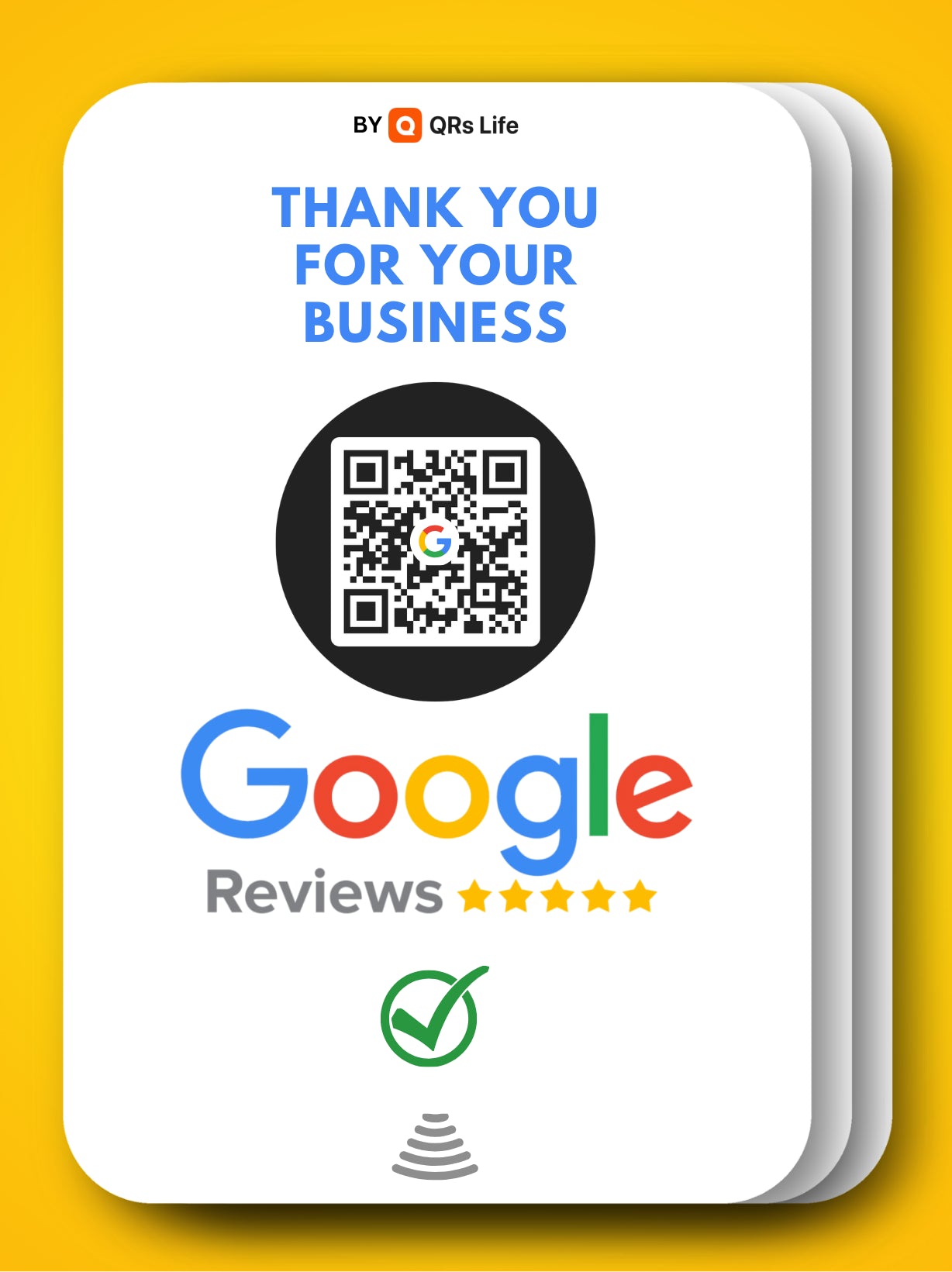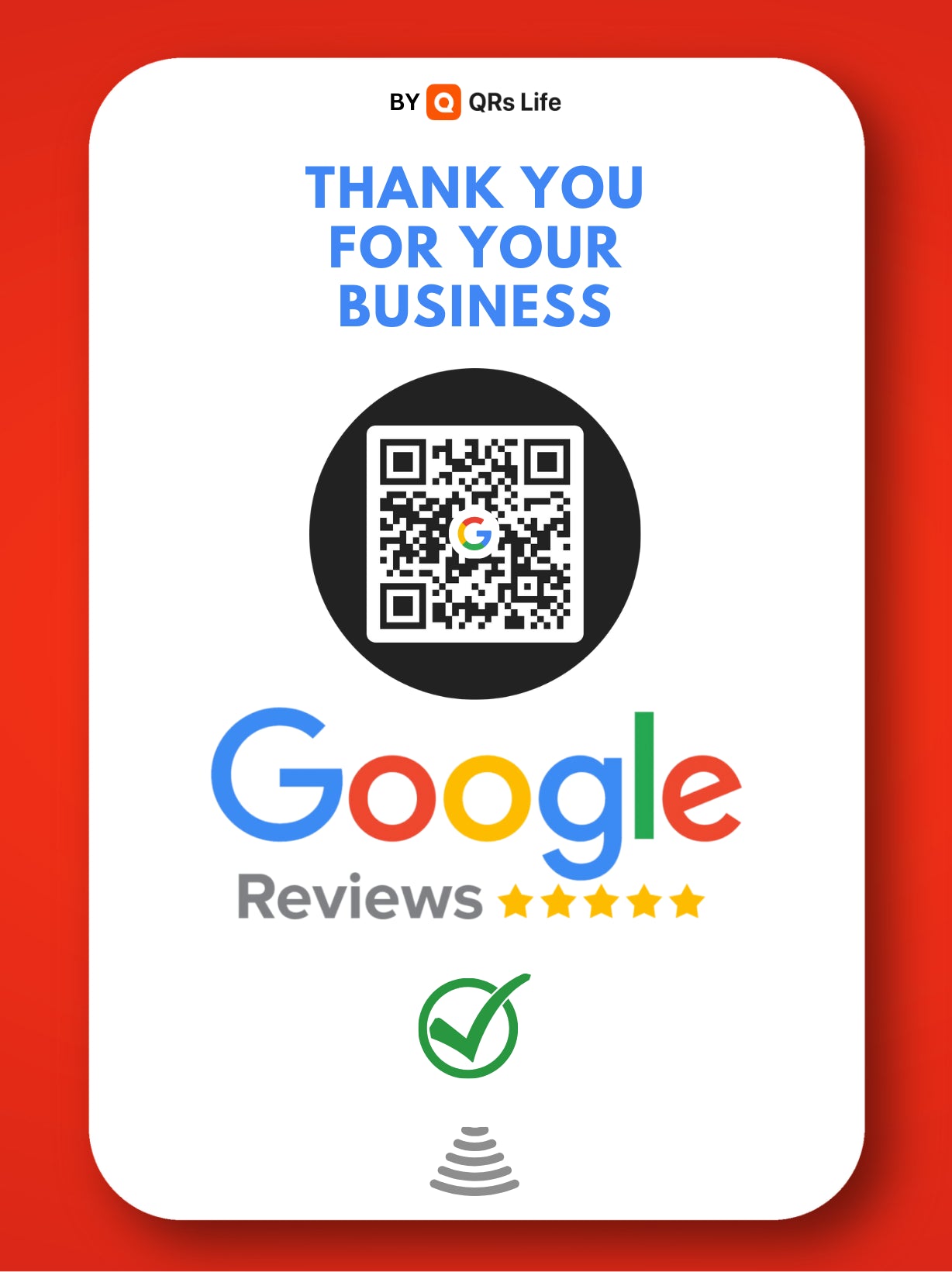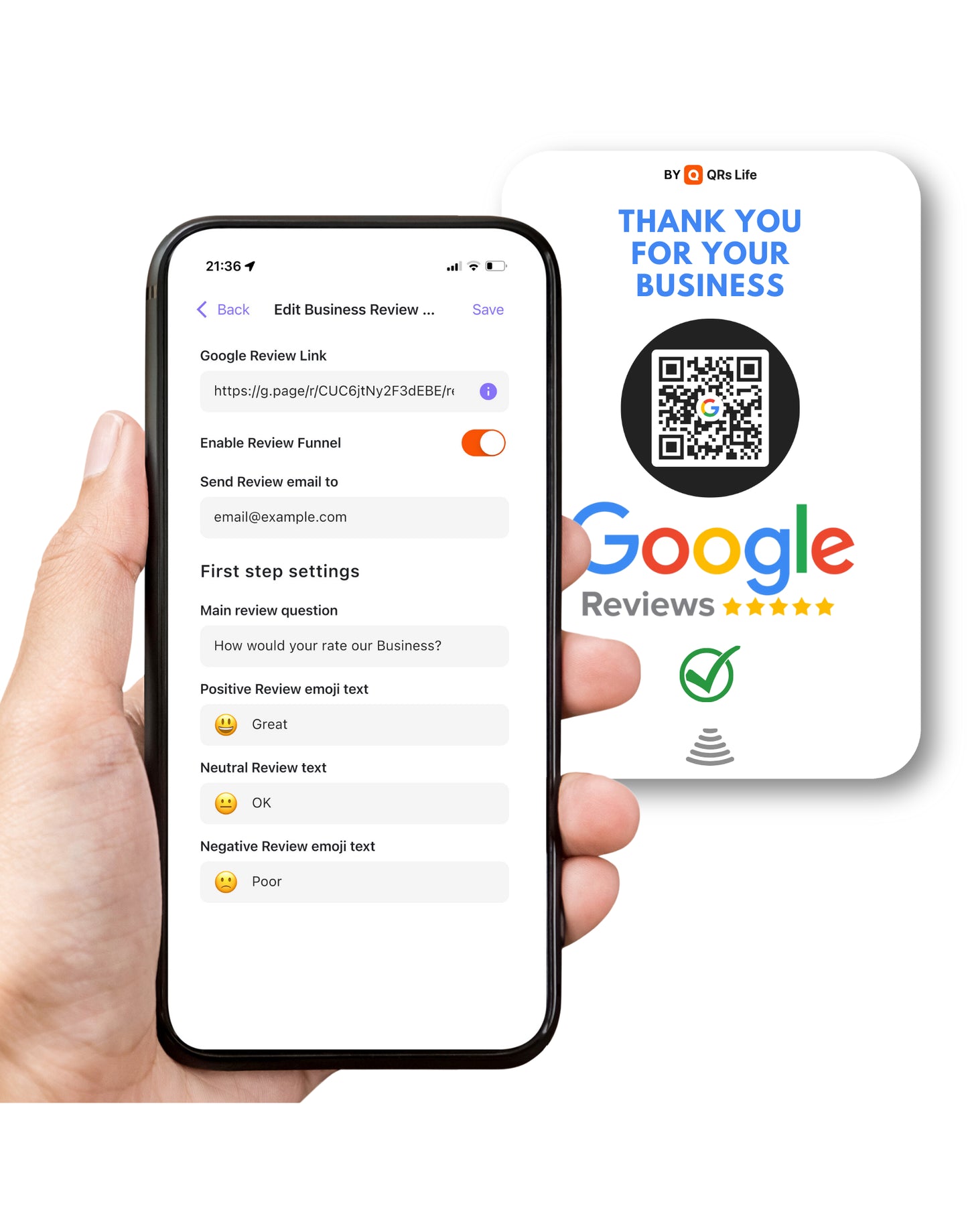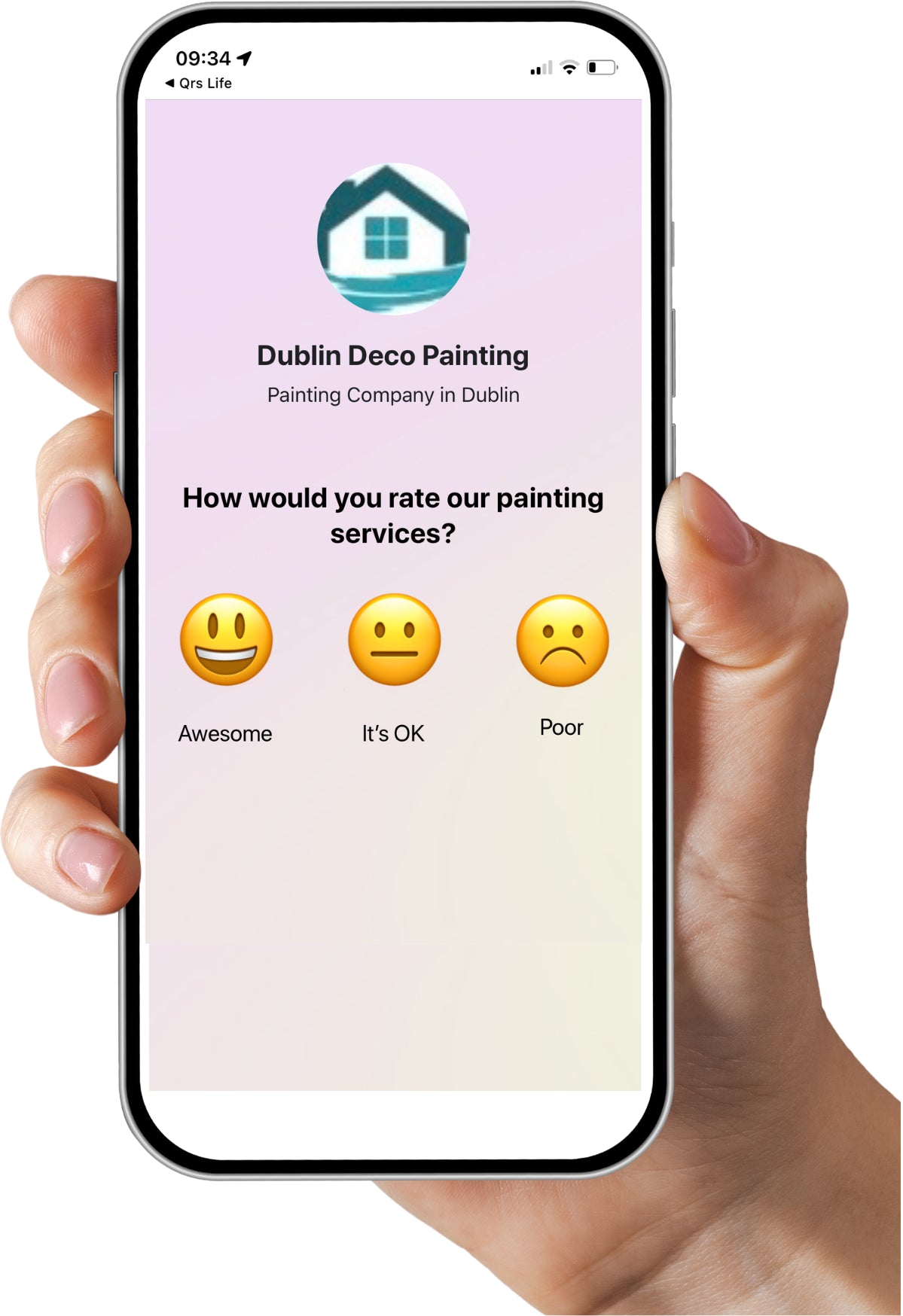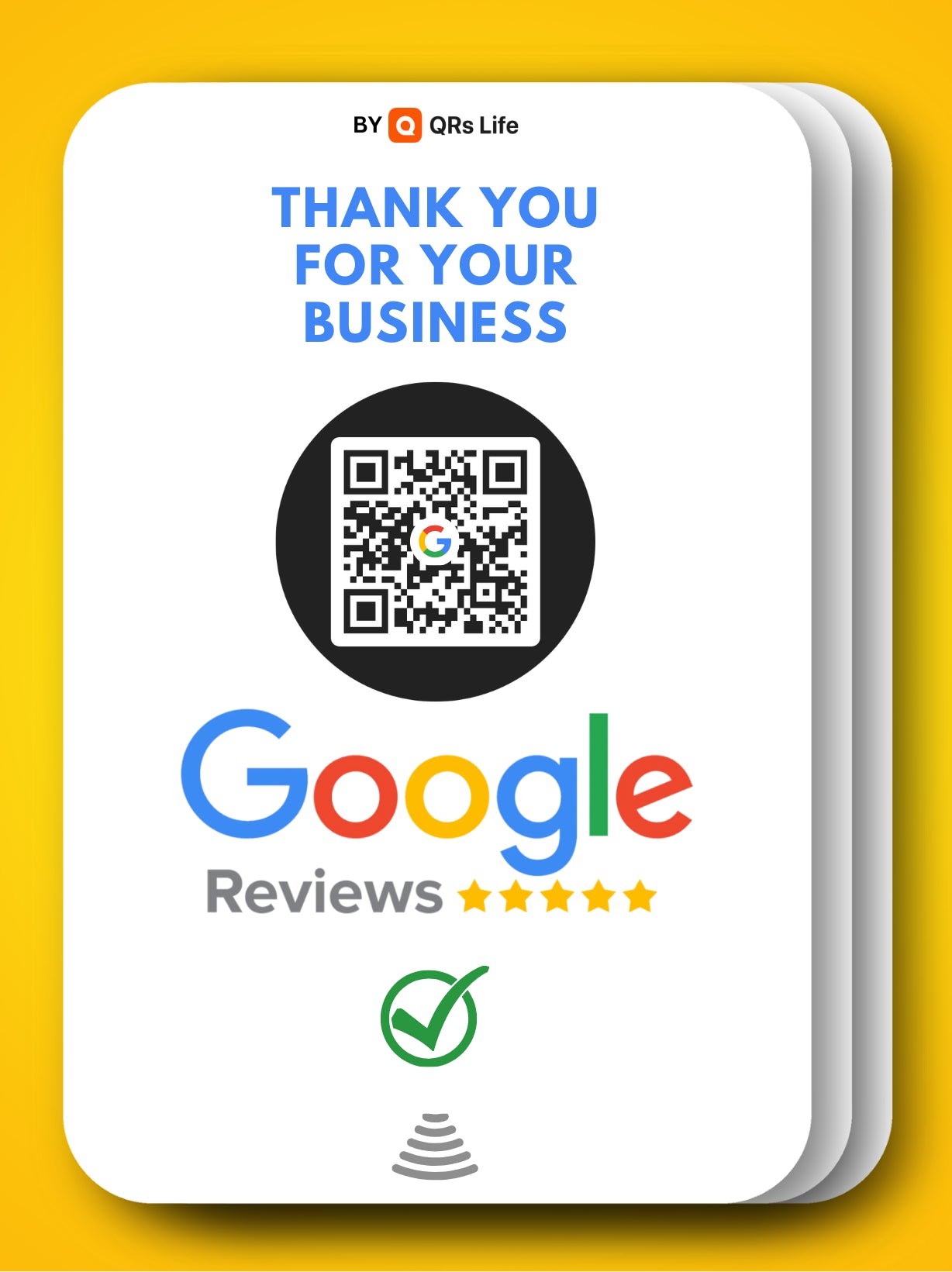In today's hyper-competitive digital landscape, businesses are constantly searching for ways to stand out from the crowd. And when it comes to online reputation management, positive customer reviews can make all the difference. Enter fake Google reviews - a controversial tactic that promises to give your business an instant boost in credibility and visibility.
But before you dive headfirst into this ethically murky territory, it's important to weigh the pros and cons. In this blog post, we'll explore the potential benefits of buying fake Google reviews for your business, as well as delve into the ethical dilemma behind such practices. We'll also shed light on the potential consequences of getting caught and provide alternative strategies for managing and improving genuine customer feedback.
So grab a seat and prepare to navigate through the treacherous waters of buying fake reviews on Google Maps – because what seems like a shortcut might have unforeseen consequences!
What are fake Google reviews?
| Fact Number | Fun Facts about Google Reviews |
|---|---|
| 1 | Google hosts 73% of all online reviews for businesses, far more than other platforms. |
| 2 | Consumer use of Google to evaluate local businesses leaped from 63% in 2020 to 81% in 2021. |
| 3 | Around 50% of consumers believe they have seen fake reviews on Google. |
| 4 | Only 24% of businesses always respond to negative reviews, indicating a large unaddressed space. |
| 5 | 60% of people read online reviews at least once a week, showing high engagement with such content. |
| 6 | The FTC cited over 700 businesses for deceptive endorsements in 2021, highlighting the crackdown on fake reviews. |
| 7 | Google deleted about 55 million reviews in 2020 as part of its policy enforcement. |
| 8 | A business rating below 3.3 stars often leads to being overlooked by customers. |
| 9 | Reviews make an 18% uplift in sales on average, showing their impact on consumer purchasing decisions. |
| 10 | Approximately 70% of consumers express concern about the authenticity of online reviews. |
Fake Google reviews, as the name suggests, are artificially created customer reviews that do not reflect genuine experiences or opinions. These reviews are often purchased from third-party services or individuals who specialize in generating positive feedback for businesses.
These fabricated testimonials aim to deceive potential customers by presenting a false image of your business's reputation. They can be crafted to highlight specific aspects of your products or services, painting an overly positive picture that may entice unsuspecting consumers.
Typically, fake Google reviews come in two forms: positive and negative. Positive fake reviews inflate the rating and overall perception of a business, while negative ones aim to damage competitors' reputations. Both types have the potential to mislead consumers and skew their decision-making process when choosing a product or service provider.
It is important to note that buying fake Google reviews goes against Google's guidelines and can lead to severe penalties if discovered. The search engine giant employs complex algorithms and manual review processes to detect suspicious patterns and weed out fraudulent activity.
So while they may provide short-term benefits, there is a lot you are risking if you buy Google reviews.
In the next section, we'll explore how some businesses believe they can benefit from purchasing these counterfeit endorsements despite the ethical dilemma it poses. Stay tuned!
How can businesses benefit from fake reviews?
Fake reviews, as the name suggests, are online reviews that have been fabricated or manipulated to portray a positive image of a business. While it may seem tempting for some businesses to buy reviews on Google, there are potential benefits and drawbacks to consider.
One possible benefit is that fake Google reviews can help boost a business's overall rating and reputation. Higher ratings often attract more customers and increase trust in the brand. Additionally, positive reviews can enhance visibility on search engines like Google Maps, making it easier for potential customers to find the business.
Furthermore, fake reviews can create an illusion of popularity and success. When consumers see numerous glowing testimonials about a product or service, they may be more inclined to make a purchase or engage with the business.
However, relying on fake reviews comes with significant ethical concerns and risks. First and foremost, it undermines the principles of honesty and transparency in customer feedback. It deceives both current and prospective customers who rely on honest opinions when making purchasing decisions.
Moreover, if caught using fake reviews by platforms like Google, businesses could face severe consequences such as having their listings suspended or even legal repercussions. Negative publicity resulting from being exposed to fraudulent practices can also severely damage a company's reputation in the long run.
Instead of resorting to buying fake reviews, businesses should focus on legitimate strategies for managing their online reputation. Encouraging genuine customer feedback through excellent products/services is crucial. Providing exceptional customer service experiences will naturally generate positive word-of-mouth recommendations which are much more valuable than fabricated ones.
Additionally, engaging with customers directly through social media platforms allows businesses to address any negative feedback promptly while demonstrating their commitment to resolving issues transparently.
While buying fake Google Reviews might offer short-term benefits in terms of increased visibility or perceived credibility, however focusing on delivering quality products/services combined with authentic customer interactions will yield more sustainable growth in the long run – without risking reputational harm or legal consequences.
The ethical dilemma of buying fake reviews
The ethical dilemma of buying fake reviews is a topic that has sparked debate among businesses and consumers alike. On one hand, businesses may see the value in boosting their online reputation by purchasing positive reviews. After all, having a high rating on Google can attract more customers and increase sales.
However, from an ethical standpoint, buying fake reviews raises several concerns. It is dishonest and deceptive to potential customers who rely on reviews for making informed decisions. When businesses manipulate their ratings through fake reviews, they are essentially misleading consumers into thinking they offer a better product or service than they do.
Additionally, buying fake reviews undermines the credibility of online review platforms like Google. These platforms are meant to provide authentic feedback from real customers so that others can make unbiased judgments about businesses. When these systems are compromised with fraudulent activity, it erodes trust in the entire review process.
Furthermore, there is also the risk of facing legal consequences for engaging in such practices. Many countries have laws against false advertising or unfair business practices, and purchasing fake reviews could potentially violate these regulations.
In conclusion, is buying fake Google reviews worth it? While it may seem tempting to take shortcuts to improve your online reputation quickly, the long-term consequences far outweigh any short-term benefits.
Ethical considerations aside, it's important to remember that genuine positive customer experiences will always be more valuable than fabricated ones.
Building a strong foundation based on honest feedback and exceptional service is ultimately the key to success in today's digital age."
The potential consequences of buying fake reviews
The potential consequences of buying fake reviews can be far-reaching and detrimental to a business. While the immediate benefit may seem tempting, it is important to consider the long-term implications.
Fake reviews can damage a business's reputation. Customers are becoming increasingly savvy when it comes to spotting fake reviews, and if they discover that a company has been dishonest in its approach, trust will be lost. This can result in negative word-of-mouth spreading quickly, leading to a decline in customers and sales.
Search engines like Google have algorithms designed to detect fraudulent activity such as fake reviews. If caught purchasing or generating false feedback, businesses risk being penalized or even banned from these platforms altogether. Losing visibility on popular search engines can be disastrous for any company relying on online exposure.
Furthermore, legal consequences may arise from engaging in deceptive practices. In some jurisdictions, buying fake reviews is considered unlawful and can result in fines or other penalties.
Last but certainly not least importantly, moral implications must also be taken into account. Buying fake reviews goes against ethical principles and undermines the integrity of genuine customer feedback systems.
Alternatives to buying fake reviews
- Encourage satisfied customers to leave reviews: One of the best ways to counteract the temptation of buying fake reviews is by actively encouraging your satisfied customers to share their experiences on Google. This can be done through various channels such as email campaigns, social media posts, or even request reviews in-person at your physical store.
- Offer incentives for genuine reviews: To motivate customers further, you can provide small incentives for leaving honest reviews. For example, you could offer a discount on their next purchase or enter them into a prize draw. Remember that it's important not to explicitly ask for positive feedback but rather emphasize the importance of honest opinions.
- Engage with existing reviews: Take the time to respond and engage with both positive and negative customer feedback on Google Reviews. This shows potential customers that you value their opinions and are committed to providing excellent service.
- Utilize other review platforms: While Google Maps reviews may be crucial for local businesses, there are also other reputable review platforms like Yelp or TripAdvisor where you can encourage customers to leave feedback about their experience with your business.
- Focus on improving customer experience: Instead of resorting to fake reviews as a quick-fix solution, invest time and effort into enhancing your products or services based on genuine customer feedback. By continuously striving for improvement, you'll naturally receive more positive organic reviews over time.
Remember that building trust and credibility should be the ultimate goal when it comes to managing online reputation rather than seeking short-term gains through deceptive practices like purchasing fake reviews.
Tips for managing and improving genuine reviews
Learning how to get Google reviews the right way may be the best solution after all. Here are some tips.
- Encourage customers to leave reviews: Let your customers know that their feedback is valuable to you. Include a call-to-action in your communications, such as email newsletters or receipts, asking them to share their experience on Google.
- Respond promptly and professionally: When you receive a review, whether positive or negative, respond promptly. Be courteous and address any concerns raised by the customer. This shows that you value their opinion and are committed to providing excellent service.
- Monitor your reviews regularly: Stay on top of new reviews by setting up alerts or using online reputation management tools. This allows you to quickly address any issues that may arise and prevent negative experiences from escalating.
- Learn from feedback: Use genuine reviews as an opportunity for improvement. Identify common themes or areas where your business can excel even further, then implement changes accordingly.
- Showcase positive reviews: Highlighting positive feedback can help build trust with potential customers. Consider featuring testimonials on your website or social media platforms.
- Don't incentivize fake reviews: It's important to remember that authenticity matters when it comes to online reputation management. Avoid offering incentives for leaving positive reviews, as this undermines the credibility of your business.
- Establish strong relationships with customers: By providing exceptional customer service and personalized experiences, you increase the likelihood of receiving positive reviews organically.
Remember, cultivating genuine and honest relationships with customers will ultimately lead to more meaningful and impactful business growth through authentic feedback!
Conclusion: Is it worth the risk?
In short, the risks of buying fake reviews far outweigh any potential benefits. Not only is it unethical and dishonest, but it can also damage your business's reputation and credibility in the eyes of consumers and search engines.
After exploring the pros and cons of buying fake Google reviews for your business, it is clear that this practice comes with significant risks and ethical dilemmas. While there may be short-term benefits such as improving online reputation or boosting sales, the potential consequences can outweigh these advantages.
Buying fake reviews not only violates Google's policies but also undermines the trust and credibility of your business. It can lead to severe penalties from search engines, including being removed from Google Maps or even facing legal repercussions. Furthermore, consumers are becoming increasingly savvy in identifying genuine reviews, and if they discover that your business has been using dishonest tactics, you may lose their trust forever.
Instead of resorting to buying fake reviews, businesses should focus on legitimate strategies for obtaining genuine feedback. Encouraging satisfied customers to leave honest reviews can help build a positive online presence while maintaining integrity. Engage with your customers by responding to both positive and negative feedback professionally and promptly. Utilize social media platforms to showcase testimonials from happy clients.
Furthermore, investing time in delivering exceptional products or services will naturally generate positive word-of-mouth recommendations from satisfied customers. This organic approach ensures that your reputation grows authentically over time.
In conclusion (without explicitly stating so), while purchasing fake Google reviews may seem tempting initially due to its perceived benefits, it is an unethical practice that poses serious risks for businesses in terms of reputation damage and potential penalties. The long-term success of any business lies in building genuine relationships with customers through providing excellent experiences rather than relying on deceitful tactics like buying fake reviews.



